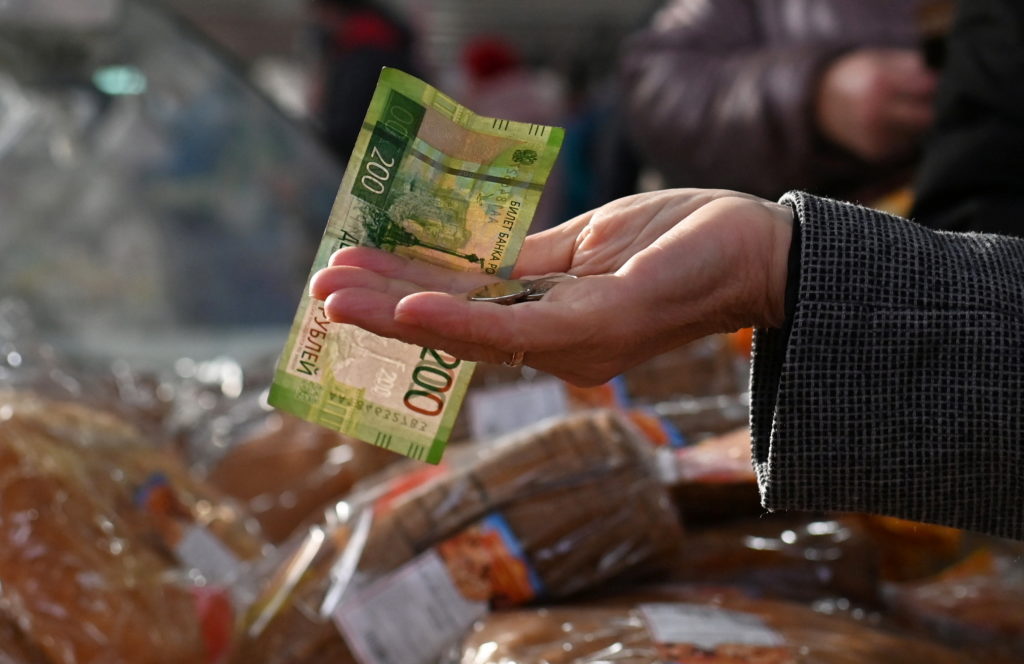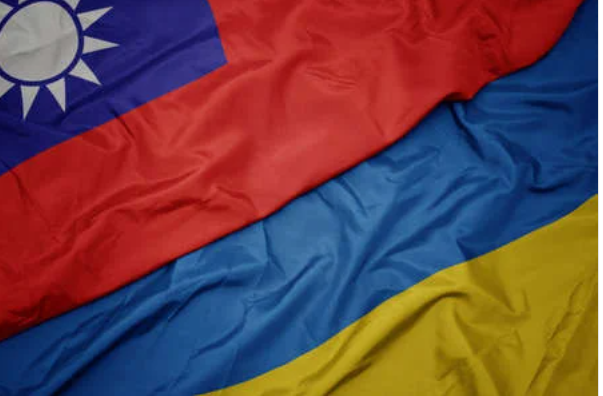It seems that the so-called “Special Military Operation” is gradually turning into a “Special Economic Operation” (SEO) in Russia.
For the first time since 2021, food production in Russia saw a significant decline between January and April.
Annual figures for the so-called “big food trio” show:
- Sugar – down by 32.3%
- Oil – down by 15.5%
- Flour – down by 7.8%
Moreover, it’s not just the yearly totals that are falling, but also the indicators for specific periods. For instance, in April, Russia produced 35,000 tons less sugar compared to the same month the previous year, 108,000 tons less oil, and 72,000 tons less wheat and wheat-rye flour, respectively.
Formally, Russia is supposedly one of the world’s leading food producers and exporters. From that perspective, it would seem there should be no issues with food supply…
But, as it turns out, its agriculture heavily relies on imports (everything from seeds to growing and processing technologies). As a result, under sanctions, the agricultural sector began to “sink” (who could have guessed?).
To this were added crop failures (which are understandable), as well as a “peculiar” (in other words, harsh) monetary policy by Russia’s central bank amidst ever-growing war expenses. In plain terms, loans for agricultural producers have become inaccessible. Various rural support programs have significantly “dried up” or ceased altogether.
For example, at present, oil production in Russia is no longer profitable and is teetering on the so-called “break-even point,” clearly leaning toward the negative.
And what’s notable...
I’m not making this up—this is what Russians themselves are writing.
In this case, it's our former compatriot, now a “half-Russian” of sorts, a certain “Igor Dmitriev” (former deputy of the Odessa City Council), quoting official figures from Rosstat.
I don’t even want to imagine what’s going on unofficially,
so to speak, in reality.



















